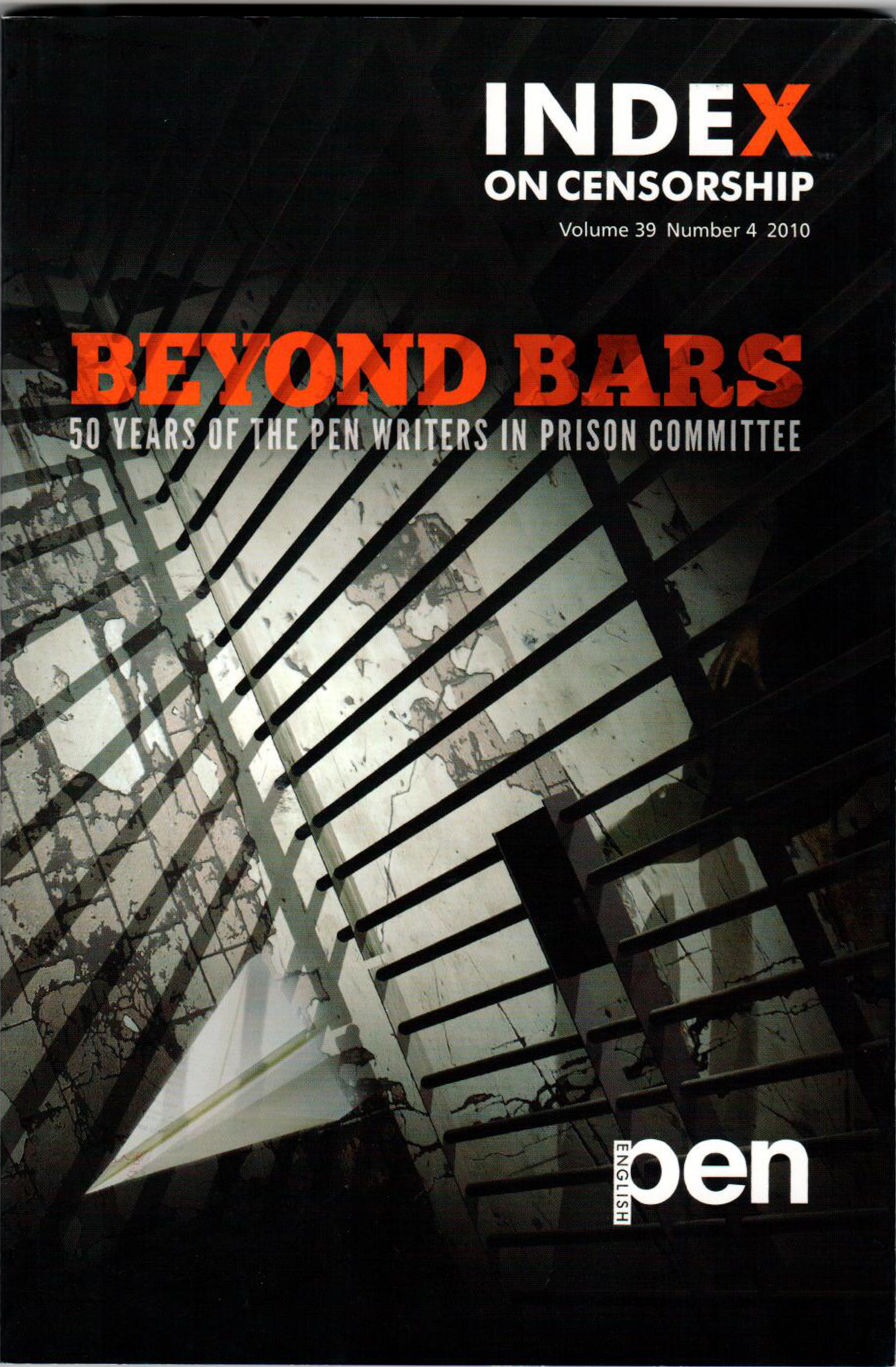Our special report brings together some of the world’s finest writers to look back at one of the longest running campaigns for freedom of expression


Our special report brings together some of the world’s finest writers to look back at one of the longest running campaigns for freedom of expression
The importance of Norman Wisdom to Albanians during the Hoxha period cannot be overestimated, writes Mira Blushi

Read about the songs they tried to ban, the musicians stopped from playing live, and the singers who are put on trial, in the bumper Smashed Hits 2.0 issue of Index
Radiohead’s Colin Greenwood explains why the band released their last album direct to their fans

My song Beng Beng Beng was a simple, light-hearted love song coming from an African man’s perspective.
In the summer of 1977 I was 15 years old and wore an old tropical linen jacket I’d bought in a charity shop for a quid. It wasn’t so much off-white as ruinous, and it matched the colour of my shoes --- winkle-pickers I’d painted myself using some...

Cameroonian singer Lapiro de Mbanga gives an exclusive interview to Daniel Brown from prison on protest, politics and the art of satire

In the new issue of Index on Censorship magazine, Daniel Barenboim tells Clemency Burton-Hill why music provides a model for living and governments continue to fear the power of its influence
Literary critic Frank Kermode died this week at the age of 90. Writing for Index on Censorship in 2001, he discussed memory and biography
With the launch of a radio station in the West Bank, settlers are winning legitimacy as well as influence. Padraig Reidy interviews with Israeli journalist Anat Balint on the subject of Israeli settler radio
A quarterly journal set up in 1972, Index on Censorship magazine has published oppressed writers and refused to be silenced across hundreds of issues.
The brainchild of the poet Stephen Spender, and translator Michael Scammell, the magazine’s very first issue included a never-before-published poem, written while serving a sentence in a labour camp, by the Soviet dissident Aleksandr Solzhenitsyn, who went on to win a Nobel prize later that year.
The magazine continued to be a thorn in the side of Soviet censors, but its scope was far wider. From the beginning, Index declared its mission to stand up for free expression as a fundamental human right for people everywhere – it was particularly vocal in its coverage of the oppressive military regimes of southern Europe and Latin America but was also clear that freedom of expression was not only a problem in faraway dictatorships. The winter 1979 issue, for example, reported on a controversy in the United States in which the Public Broadcasting Service had heavily edited a documentary about racism in Britain and then gone to court attempting to prevent screenings of the original version. Learn more.